
A pedigree Highland cattle breeder has said new funding programmes are providing the ‘manpower’ to make long-desired improvements for wildlife on her farm in lower Swaledale.
Julia Carr, from Marrick Park farm in the north east of the Yorkshire Dales National Park, is working with the Tees-Swale: Naturally Connected programme, the Farming in Protected Landscapes programme, as well as a new woodland creation scheme called Grow Back Greener. Through Tees-Swale hay meadows are being restored and several kilometres of hedgerows have been created, often by volunteers including refugees travelling into the National Park from Leeds.
Through Grow Back Greener a 12-acre woodland was created last month near Marrick village, with more than 5,600 trees and shrubs planted. A permissive footpath has been created through the woodland, funded by the Farming in Protected Landscapes programme.
In an in-depth Q&A published on the National Park Authority’s blog, Ms Carr speaks frankly about the criticism she has faced from some quarters for creating woodland and shares fascinating details about her nature friendly farming practices.
Julia Carr said: “I’ve done annual hedgerow, infill, individual trees and copse planting in the past, but that has always been limited not so much by the finances but the manpower because we only have between November and April to get stuff in the ground, and with everything else we’re doing there are limits.
“I’ve always wanted to do more. So I’ve been looking out for good schemes that will help with the manpower – and failed – until Tees-Swale came along. Tees-Swale was the first grant that has allowed me to get enough people together to plant as much as I’d like in a season.”
Ms Carr added that the new Grow Back Greener-funded woodland near Marrick village, with its permissive access path, would bring benefits to all. If new woodlands are to be created, they should be for the benefit of people as well as wildlife. For me it makes complete sense,” she said.
Member Champion for the Natural Environment at the Yorkshire Dales National Park Authority, Ian McPherson, said: “When generous-spirited Dales farmers work in partnership with our conservation staff, everyone benefits. What’s happening at Marrick Park is an example of three of our major projects – Tees-Swale, Grow Back Greener and Farming in Protected Landscapes – complementing each other to enable a Dales farmer to scale up their ambitions for biodiversity.
“Increasingly it pays to be a nature-friendly farmer in the Yorkshire Dales National Park. The public and in turn the government wants to support those farmers who are prepared to lead the nation’s response to the climate and nature emergency.”
The Yorkshire Dales National Park Authority and the North Pennines AONB Partnership are working together to deliver ‘Tees-Swale: naturally connected’, a natural heritage programme funded by the National Lottery Heritage Fund. Tees-Swale puts farmers and land managers at the forefront of nature recovery in the nationally important landscapes of Swaledale and Teesdale.
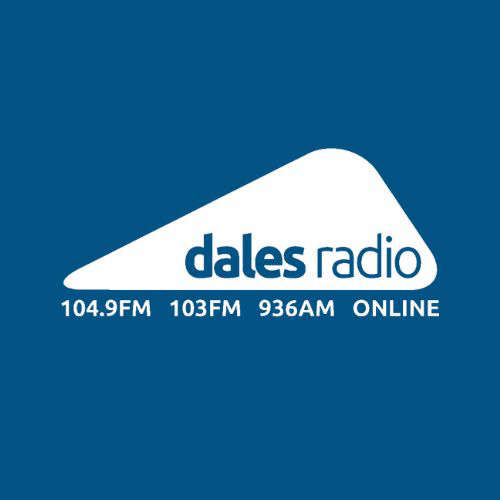

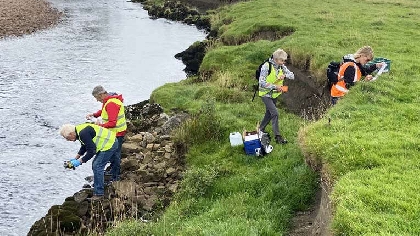 Donation helps pollution group with monitoring river
Donation helps pollution group with monitoring river
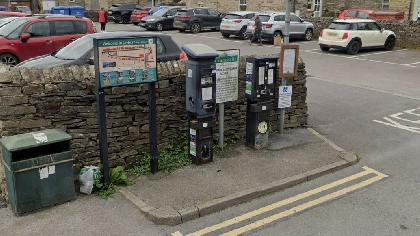 Council chiefs agree record £2.5m investment in car parks
Council chiefs agree record £2.5m investment in car parks
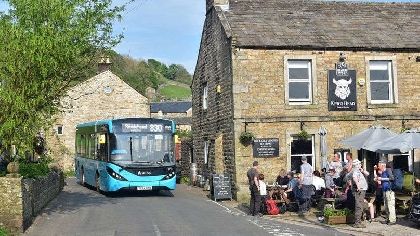 Summer bus services in the Dales extended
Summer bus services in the Dales extended
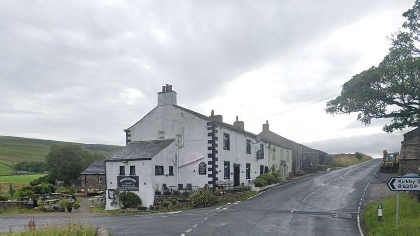 Dales pub landlady loses enforcement notice appeal
Dales pub landlady loses enforcement notice appeal
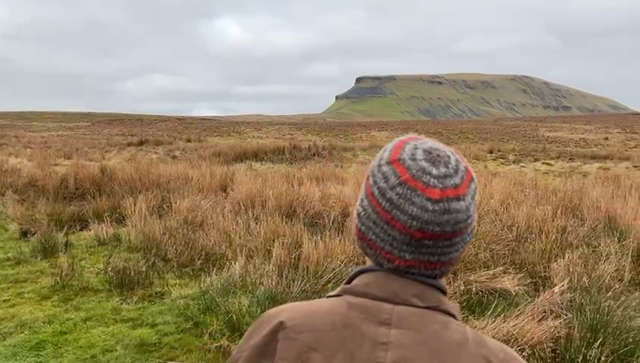 Ex-National Park head and son pay tribute to Pennine Way in song
Ex-National Park head and son pay tribute to Pennine Way in song
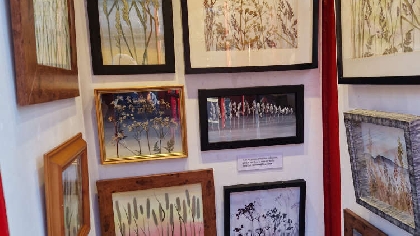 A PRESSING engagement at Gallery on the Green
A PRESSING engagement at Gallery on the Green
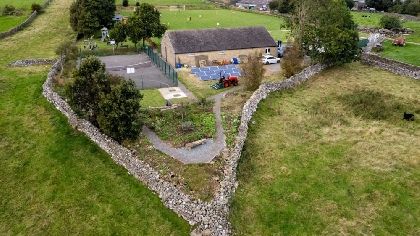 Dales pavilion featured in TV advert becomes thriving hub
Dales pavilion featured in TV advert becomes thriving hub
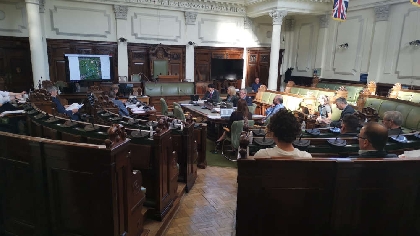 Planners refuse Richmond housing development
Planners refuse Richmond housing development
Comments
Add a comment